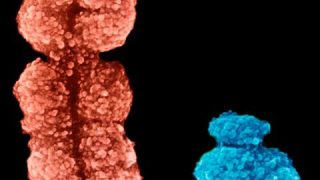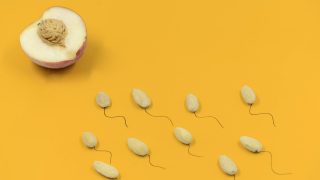
Losing the Y chromosome
In humans, biological sex is determined by the chromosomes X or Y. People having a Y chromosome are typically male, as this small chromosome –which evolution seems to be doing away with– contains a gene which determines the formation of male sexual organs in the embryo. However, despite its small size, the Y chromosome is […]








